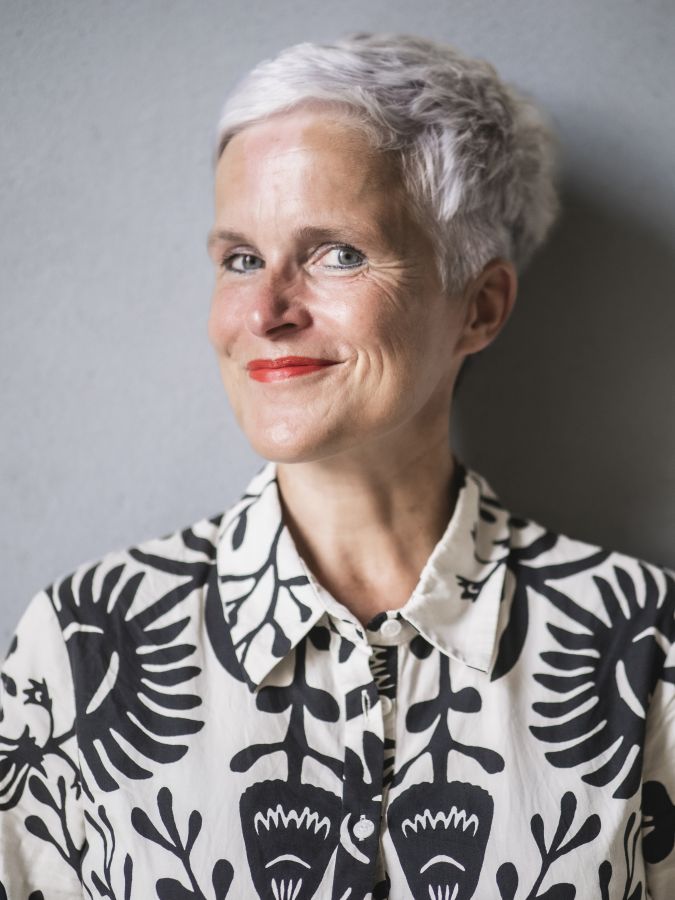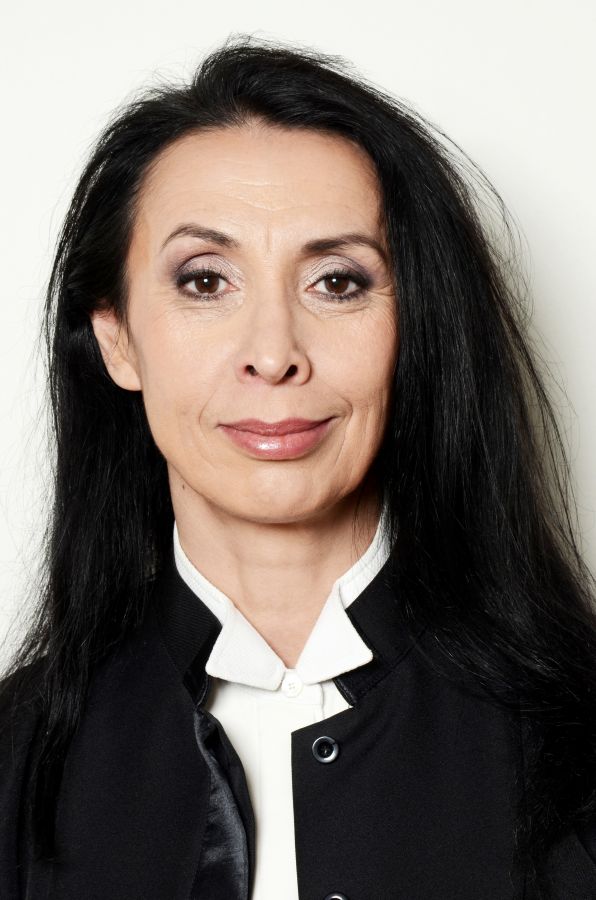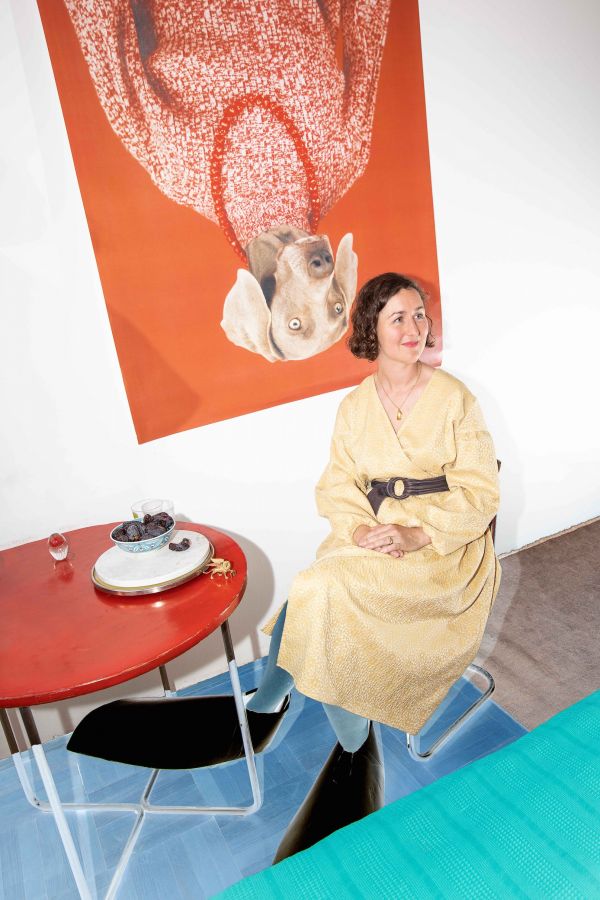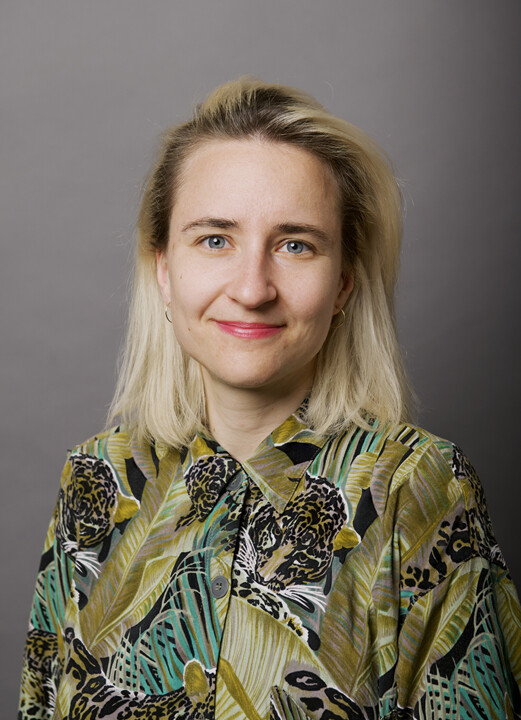May 19th Sun, 2:00 PM – 4:30 PM | Konvikt – šapitó
CED Talks in cooperation with the Festival Theatre and Diversity: FREEDOM
Discussion with Shermin Langhoff (Maxim Gorki Theater Berlin) and Birgit Lengers (Radar Ost Festival) lead by dramaturges Viktorie Knotková (Centre for Experimental Theatre/CED Brno) and Dominika Široká (Flora Theatre Festival).
free entry
The international discussion platform CED Talks THEATRE AND DIVERSITY creates a space for discussion about the current state and conditions of theatre production, which
must be more open to inspirational influences beyond national narratives and at the same time enriched with diverse voices and perspectives of local minorities and communities. An
unmistakable aspect of diversity and a topical issue is also the still insufficient number of women working in leading positions in theatre and cultural institutions, as well as their weak
to minimal participation in similar types of events taking place in the public space and in the media. Regular meetings, sharing and exchange of experience with prominent personalities
– women leaders – from the ranks of the foreign professional public is therefore a substantial support and inspiration not only for their counterparts from the Czech Republic, but also for
the wider cultural and academic community. The initiator and guarantor of the project is the Centre for Experimental Theatre Brno.
The curators of the programme series are dramaturg and translator Viktorie Knotková and director and scenographer Kamila Polívková.
The first edition will take place on 19th and 20th May 2024 in cooperation with the Flora Olomouc Theatre Festival and will focus on the German-speaking environment. The theme is the intersection and interconnection of various cultural influences with an emphasis on „Eastern European“ discourse.
The first part of this year's CED Talks programme THEATRE AND DIVERSITY: FREEDOM accentuates the mutual influences and overlaps of German-speaking and Eastern European theatre production. Relations and tendencies within a united but internally still divided Europe will be discussed from different perspectives, but the imaginary focus of interest in this case is in Berlin – a city historically divided into eastern and western parts. Topics such as post-migrant theatre, theatre as asylum and theatre as politics will be explored together, through their experiences, by Maxim Gorki Theater intendant Shermin Langhoff and Radar Ost Festival's dramaturg and programme curator Birgit Lengers, together with dramaturgs Viktorie Knotková and Dominika Široká, both of whom have significant experience working in the German-speaking environment.
2:00pm – 2:45pm
Beyond Belonging
Debate between Viktorie Knotková and Shermin Langoff
Shermin Langhoff has been the artistic director of the Maxim Gorki Theatre Berlin since 2013. Under her direction, the Maxim Gorki Theatre understands itself as a place in which constructions of nation, identity, and belonging are questioned by dealing with history and presenting trans-local references. With a multilingual ensemble, it tells stories of today's heterogeneous society in contemporary plays and radical reinterpretations of theatre classics.
2:45pm – 3:00pm
break
3:00pm – 3:45pm
East of the West, West of the East
Dominika Široká ́s debate with Birgit Lengers
Birgit Lengers will talk about her experience with international projects and collaborations with artists from Eastern Europe. The debate will be moderated by dramaturg Dominika Široká, curator of the German-language section of the Flora Olomouc Theatre Festival, so the topic of this block will also be a reflection on the festival's activities associated with the mutual interest in cooperation between the former Eastern and Western Europe.
3:45pm – 4:00pm
break
4:00pm – 4:30pm
Joint discussion and questions from the audience
Shermin Langhoff has been the artistic director of the Maxim Gorki Theatre Berlin since 2013.
She began her professional life in publishing and television. After many years in film, collaborating on projects including Gegen die Wand (Head-On) with Fatih Akin, she worked as a curator at Berlin's Hebbel am Ufer (HAU) theatres from 2004 to 2008. There she founded the »Akademie der Autodidakten« (Academy of Autodidacts), which provided many talented artists with a platform for their work. Her Beyond Belonging project series began in 2006, for which she invited artists from other disciplines such as visual arts, literature and film
In 2008 Langhoff founded the Ballhaus Naunynstraße in Berlin's Kreuzberg district and established there the concept of post-migrant theatre. Since then this concept has been widely discussed and recognized internationally.
In 2013 Shermin Langhoff became the artistic director of the Maxim Gorki Theatre Berlin. It was under her direction that the Gorki became renowned worldwide: with a multilingual ensemble, it tells stories of today's heterogeneous society in contemporary plays and radical reinterpretations of theatre classics.
Under Langhoff's direction, the Maxim Gorki Theatre understands itself as a place in which constructions of nation, identity, and belonging are questioned by dealing with history and presenting trans-local references. Since the beginning of her tenure, Langhoff therefore organises the Berlin Herbstsalon (Berlin Autumn Salon) a biennially, interdisciplinary exhibition-parcour.
Among many other projects Langhoff established in 2015 at Gorki a platform for professionals with experience of living in exile, the Exile Ensemble, consisting of actors and actresses from Syria and other areas of conflict.
In 2014 and 2016, the Gorki was voted »Theatre of the Year« by the German-speaking critics in Theater heute magazine's survey. Many Gorki productions have received both national and international honours and where recognized with multiple invitations to the prestigious Theatertreffen festival.
Shermin Langhoff has received several awards for her work, such as the Theatre Prize Berlin of the Preußische Seehandlung Foundation, the KAIROS European culture prize of the Alfred Toepfer Foundation and the Moses Mendelssohn Prize awarded by the Berlin government. In 2017, she was awarded the Federal Cross of Merit (Bundesverdienstkreuz) in the field of culture by than German President Joachim Gauck.
Birgit Lengers studied theatre, film and cultural studies/aesthetic practice in Cologne and Hildesheim, where she also worked as an assistant professor. From 2004 to 2008, as a dramaturg at German Theatre Abroad (GTA), she curated several festivals and theatre projects. She was a member of the Board of Directors of the Dramaturgical Society (Dramaturgische Gesellschaft) and in the 2009/10 season she took over the management of Junges DT at the Deutsches Theater Berlin, where she was also a member of the management since 2013. Since the 2020/21 season, Birgit Lengers has been part of the artistic direction of the Düsseldorfer Schauspielhaus and its participatory project Stadt:Kollektiv. Since 2018, she has been the head of the international project DT International at the Deutsches Theater Berlin and is the curator of the Radar Ost festival, whose program reflects the political and aesthetic tendencies of theatre production in the countries of the former Eastern Bloc and has presented the work of ensembles and directors from Georgia, Ukraine, Hungary, Poland, the Czech Republic and Russia. Immediately after Russia's attack on Ukraine, the theatre expressed solidarity with artists from Ukraine with the Stay United series. Last year, the festival featured six co-productions, world premieres and guest performances from Ukraine, Belarus, Georgia and Slovenia at festivals, shelters in Kiev, exiles in London and Paris, and Berlin.
Viktorie Knotková works as a dramaturg, translator and moderator in Germany and the Czech Republic. She studied theatre dramaturgy at the Janáček Academy of Music and Performing Arts in Brno and the Max Reinhardt Seminar in Vienna. From 2009 to 2012, she was employed as a dramaturg at the Prague Chamber Theatre under the leadership of Dušan D. Pařízek. From 2012 to 2018, she was a permanent dramaturg at the Theater Bremen, where she continues to be a regular guest. Between 2021 and 2023, she worked at the Goose on a String Theatre. Since 2018, she has been studying psychotherapy in Bremen, co-organises the Czech-German festival How Spring Is Made, participates in the implementation of the Bremen literary festival globale° and works as a freelance librettist and dramaturg with a focus on international and intercultural projects.
Dominika Široká works as a theatre dramaturg and curator in Germany and the Czech Republic. Born and raised in Nitra, she studied theatre, film and media studies in Olomouc and Vienna. As a scholarship holder of the German Academic Exchange Service, she completed her studies in theatre studies in Munich. During her studies, she worked as a freelance theatre journalist and lecturer. She then worked as a guest at the Hamburg Drama Company (Deutsches Schauspielhaus Hamburg), and since 2019 as a dramaturg at the Cologne and Mannheim Drama Theatre (Schauspiel Köln, Nationaltheater Mannheim). Since 2019, Dominika Široká has been the curator of the German-language program of the Flora Olomouc Theatre Festival.
The project is supported by the European Union
photo of guests:
Birgit Lengers
Shermin Langhoff
Viktorie Knotková
Dominika Široká




